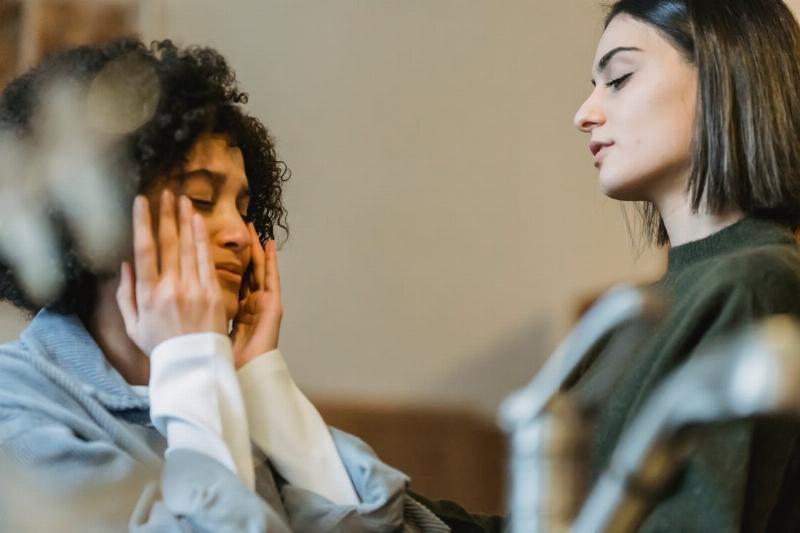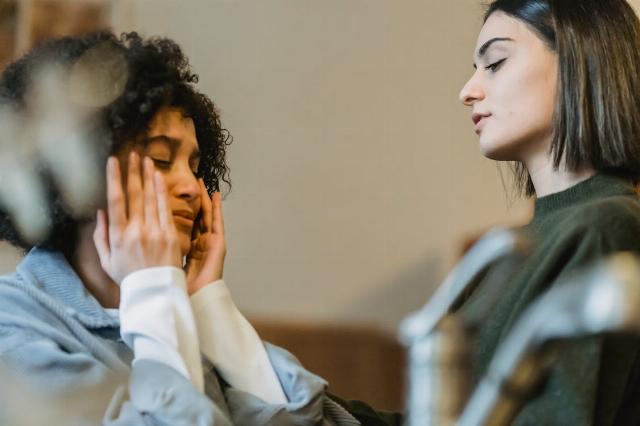


This week, the Supreme Court announced that it will hear argument October 7th in a major First Amendment case about the intersection of a professional’s deeply held beliefs and his work. In Chiles v. Salazar, the Court will decide if one’s speech can still animate one’s profession.
Kaley Chiles is a licensed counselor in Colorado and a practicing Christian. In her work, there are individuals who seek to consensually discuss their changing gender identity, alluding to Christian values on human sexuality and the body. Chiles believes that clients can “flourish” by accepting “the bodies God has given them and find peace.”
Chiles’ views conflicts with Colorado law, which prohibited the promotion of ‘conversion therapy’ to minors, which is to say an effort to convert one’s sexual orientation or gender identity to their biological one. The 10th Circuit Court of Appeals sided with the state. The appeals court ruled that the law does not target speech but rather the conduct of a licensed health care professional (and thus a court is to give more deference to the state). This is problematic, as such a distinction lends itself to ambiguity ripe for overreach.
In 2018, Justice Clarence Thomas wrote for the Supreme Court in National Institute of Family & Life Advocates v. Becerra that “[s]peech is not unprotected merely because it is uttered by professionals” and that the Court “has not recognized “professional speech” as a separate category of speech.” In arguing that a similar conversion ban case in Washington state should have been heard in 2023, Justice Samuel Alito also wrote that it is “beyond dispute” that such a law restricts speech.
It is true that licensed professionals adhere to a certain standard of conduct, whether it be lawyers, therapists, doctors, and the like. These standards are largely for the benefit of the person receiving the service. But it is also true that one’s beliefs in the aid of a client or patient -- which manifests itself in speech to that person in the form of advice or guided care -- cannot always and everywhere give way to state edict. To do so would eliminate that professional’s individual identity and their considered judgment. If one seeks a licensed therapist for a second opinion, one should expect that an opinion be just that, shaped by wisdom and acumen from a particular perspective. To eliminate the substance of that opinion -- to change the speech and opinion itself -- reduces the professional to government automaton. It strips them of who they are. The license on their wall should then be stamped “Mind Belonging to the State.”
It would also come as no surprise that one professional’s viewpoint is shaped by their core beliefs. A doctor serving the poor has a viewpoint based on that perspective and could say as much in the course of their work. The same could be said for a lawyer who zealously represents a client seeking to vindicate a religious freedom claim because they also have faith. Indeed, a prospective client or patient may seek out a professional because their strongly held views, expressed in speech, align with their own. That a professional has a view tethered to certain beliefs, seeking to express them for the betterment of the public, is a virtuous calling. The average person may also call that speech.
To define which strongly held views are satisfactory or not for government is an unstable edifice to hold up speech. While it is true that at least 27 states and the District of Columbia have banned in some form conversion therapy for minors, free speech has never hung its hat solely on what are settled or ‘acceptable’ views. What should be settled is that speech, including speech in discussing sensitive medical matters, be protected. The Virginia Attorney General’s office recognized this bedrock principle on June 4th of this year when it consented to a court decree effectively allowing counselors in Virginia to engage in “talk therapy,” based on their religious beliefs, with patients under 18 with gender dysphoria.
Government intrusion in life can first seem a petty nuisance. But often, state policy is designed to have real and intrusive effects. When government comes claiming fairness, non-bias, and dignity, it may instead tilt the scales, prejudice professions, and chastise someone seeking to live free and provide a service. This is especially true with limitations on speech. For too long in Colorado, the therapist’s voice has not truly been his or her own. Kaley Chiles may soon persuade the Supreme Court to give credence to her beliefs, allowing her to be the individual and professional that she strives to be.
Alan Loncar is an attorney in Macomb County, Michigan.

Image: Pexels
